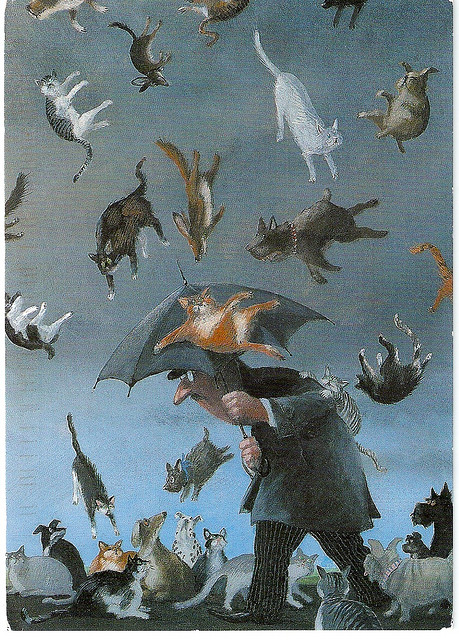Idioms vs Colloquialisms
The confusion between idioms and colloquialisms is common, as both are integral parts of any language and vary depending on the language and culture. It is important to understand the difference between these two language components. To clarify the distinction, we first need to define each term.
What is an Idiom?
The term “idiom” comes from the French word “idiome” and, according to the Oxford dictionary, it is “a group of words established by usage as having a meaning not deducible from those of the individual words (e.g. over the moon, see the light).” An idiom is a phrase that has a specific meaning for a particular group of people, usually defined by geography or language. To determine if something is an idiom, it is helpful to examine the words out of context and see if they still convey the same meaning.
What is Colloquialism?
The Oxford dictionary defines colloquialism as “a word or phrase that is not formal or literary and is used in ordinary or familiar conversation: the colloquialisms of the streets.” It is a word or phrase deemed informal and more suitable for everyday conversation rather than for essays or assignments. Colloquialisms often include slang and short forms, such as “ain’t,” “sup,” and “gonna.” Like idioms, colloquialisms can be context-dependent.
What is the difference between Idioms and Colloquialisms?
The distinction between idioms and colloquialisms can be challenging, as clichés are also similar to idioms. However, some phrases can be categorized as both idioms and colloquialisms. Most idioms are colloquial in nature, meaning they are not appropriate for formal usage, and many idioms are also clichés.
- An idiom is a phrase that has a specific meaning for a particular group of people.
- A colloquialism is a word or phrase considered informal.
- Colloquialism includes slang and short forms.
- If a phrase does not make literal sense in the context, it is an idiom.
